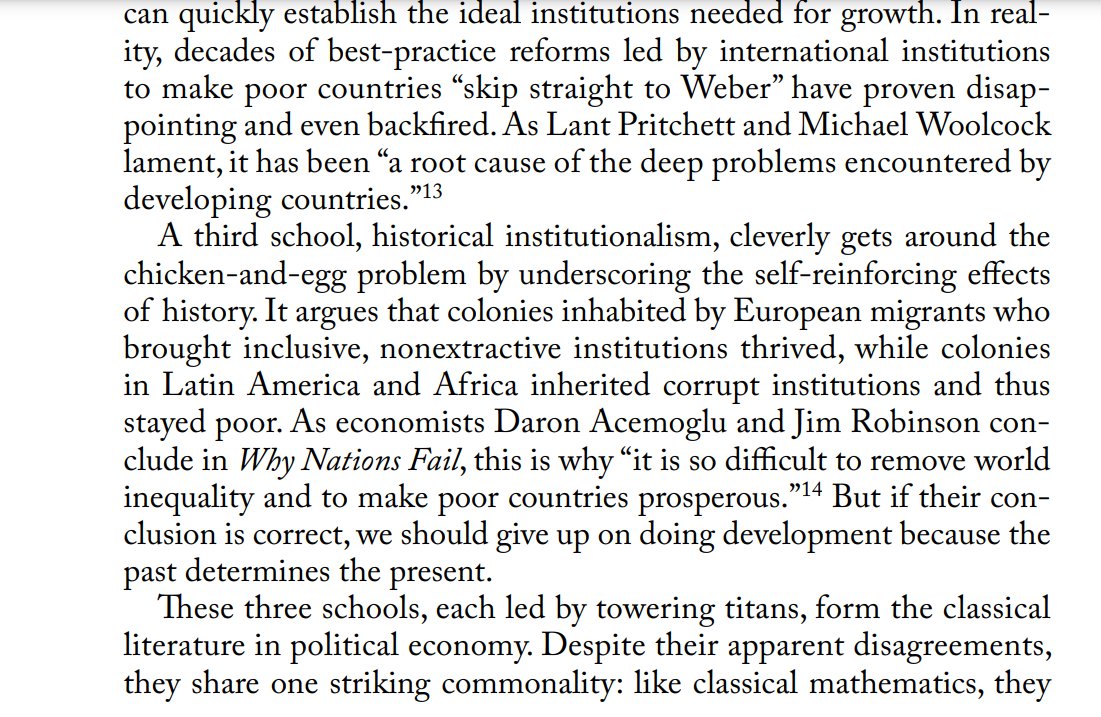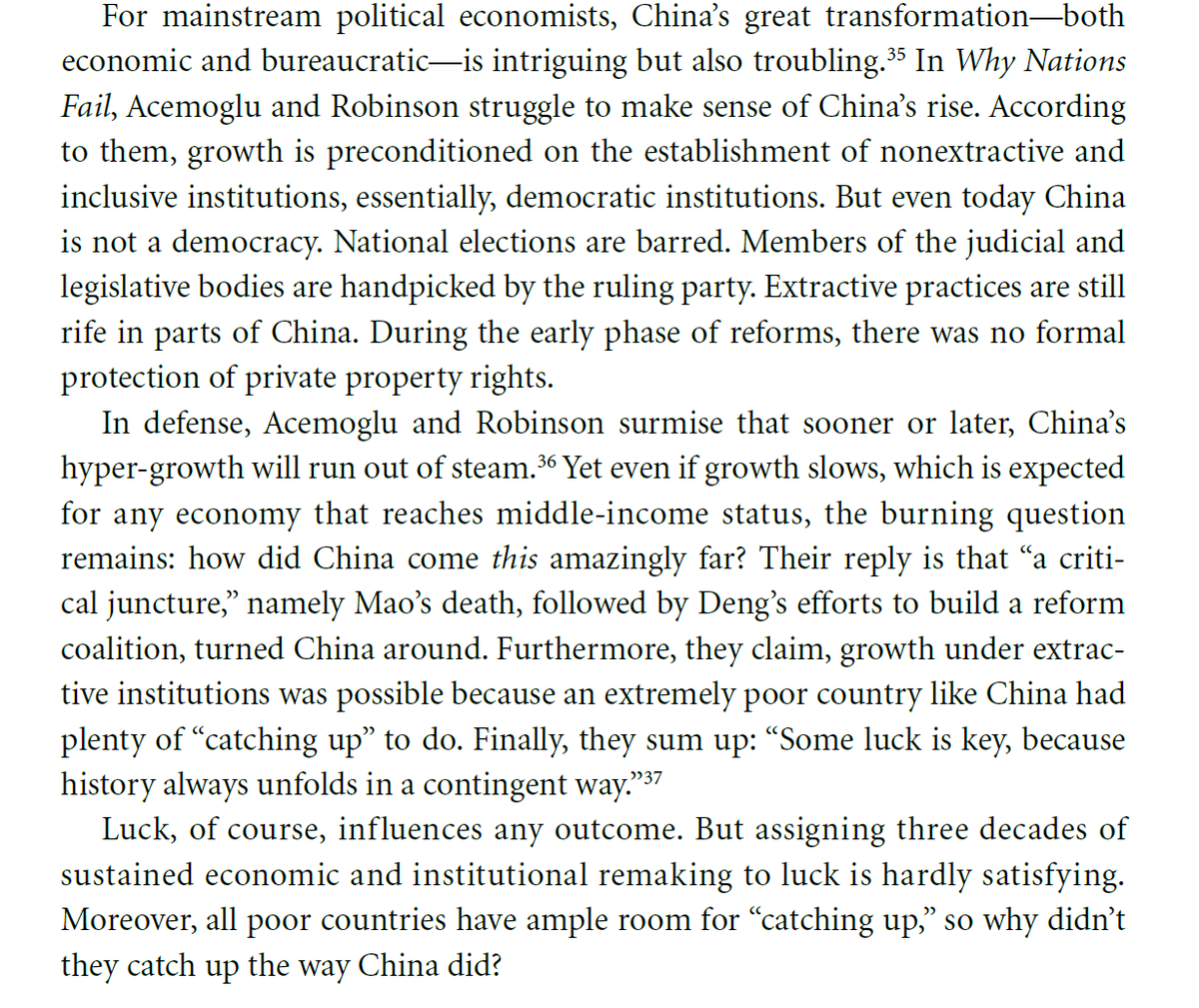Meant to be a story of foreign aid, but really it's an account of why central planning fails. Students of Soviet and Maoist systems should read this 📕 by @ninamunk alongside historical texts to know why central planning fails in different times and places.
#globaldev
#globaldev

In one "model village" (Millennium Village), local cadres preselected a list of crops for planting, expecting they will sell. Maize: bumper crop but local consumers don't like corn. Farmers dump crops, price crash, losses.
That's familiar to anyone who studies central planning
That's familiar to anyone who studies central planning
+ Bureaucrats decide what goods to produce & sell at what price
+ Benevolent central leadership
+ Often genuinely passionate local "cadres"
+ But must seek approval from HQ for every decision
+ Ignore what locals really want (even what they like to eat)
+ Benevolent central leadership
+ Often genuinely passionate local "cadres"
+ But must seek approval from HQ for every decision
+ Ignore what locals really want (even what they like to eat)
Of course, make no mistake, in a centrally planned communist system, one big difference is coerced policy enforcement, as this book vividly describes. 

In China, reformist leadership under Deng knew central planning is doomed. But leaping straight to private markets is no solution either (think Russia).
The key is changing the role of government, from a dictator & top-down planner, to a director
The key is changing the role of government, from a dictator & top-down planner, to a director

Creating conducive conditions for local state & market actors to improvise, i.e., make best use of indigenous resources, creating diverse solutions
Put differently, the government is not a solution provider, but a solution enabler
It's neither central control nor "lying flat"
Put differently, the government is not a solution provider, but a solution enabler
It's neither central control nor "lying flat"

If #globaldev hopes to do good, it should discover, support, direct, and not do central planning
Which has been proven to fail in both communist systems and altruistically funded projects
END
Which has been proven to fail in both communist systems and altruistically funded projects
END
As I said a million times, however, Deng/reform-era China is HISTORY. "How China Escaped the Poverty Trap" is a contemporary history book. We study the past to know how we got to the present, and for lessons on what went right and what went wrong.
• • •
Missing some Tweet in this thread? You can try to
force a refresh




























